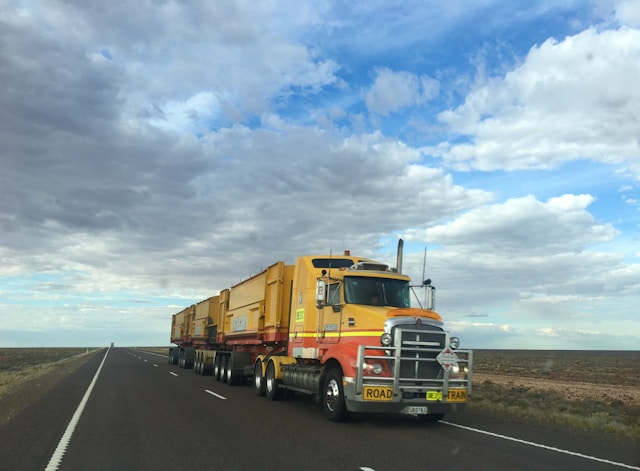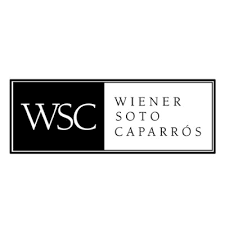Sector simplification through key changes to the RUTA and LiNTI
In line with his deregulation plan, President Milei issued Decree 832/24 (published in the Official Gazette on September 13, 2024), introducing important changes to the regulation of freight transport in Argentina. This decree redefines the criteria for considering a vehicle as freight transport, deregulates a significant part of the sector and simplifies procedures for drivers and companies.
New thresholds for freight transport
Until now, any vehicle with a load capacity of more than 700 kg was automatically classified as transporting loads, forcing its drivers to manage the Single Registry of Motor Transport (RUTA). With the new regulations, only vehicles with a load capacity of more than 3,500 kg must comply with this requirement. Likewise, for trailers the threshold is raised to 750 kg. This means that pick-ups, vans and urban trucks with load capacities below these new limits will be exempt from carrying out this procedure, reducing the administrative burden and facilitating the activity for a large number of transporters.
Simplification of Procedures for Interjurisdictional Transport
In addition, carriers that provide interjurisdictional services with vehicles that do not exceed these load limits will also be exempt from processing the National Interjurisdictional Transport License (LiNTI). This not only simplifies the operations of the sector, but also eliminates bureaucratic barriers, allowing greater flexibility and efficiency in the transport of cargo.
Modernization and Digitalization of RUTA
For those drivers and companies that still need to process the RUTA, the process has been considerably modernized. The procedure will be completely electronic, declarative, free of charge and without the need for face-to-face procedures. This advance significantly reduces the bureaucratic burden, eliminates administrative obstacles and promotes more agile and efficient access for transporters.
Conclusion
These measures not only seek to reduce bureaucracy in the sector, but also aim at a broader objective: to promote economic activity, reduce costs and increase competitiveness. By simplifying and deregulating freight transport, it is hoped to encourage the growth of companies and promote the formalization of activities that were limited by the costs and time associated with the management of permits and licenses. Decree 832/24 marks a significant step towards a more flexible and efficient regulatory framework, creating a more favorable environment for drivers and companies in the freight transport sector in Argentina.



